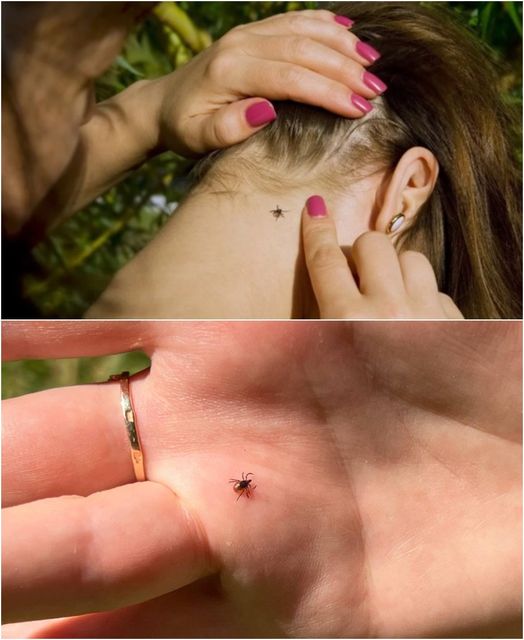Actions to take if a tick bite is detected
If you are bitten by a tick, you should stay calm and try to remove it correctly using tweezers or thread. It is important to see a doctor as soon as possible, especially if you have not been vaccinated against encephalitis. It is advisable to send a detected tick for analysis to determine the presence of an infection.
The presence of a tick bite may indicate infection with infectious diseases that require immediate medical attention.
If a bite is suspected
If there is only a suspicion of a tick bite, it is important to carefully monitor its condition. Sometimes ticks can tire quickly and fall off, leaving only a small mark or going completely unnoticed by humans. This is especially true for nymphs, the young stages of ticks, which can be quite small in size.
One of the first signs of a possible infection is erythema migrans: a red spot or ring around the bite site that increases in size. This symptom can easily be confused with an allergic reaction.
Other symptoms that indicate a possible infection include headache, fever, fatigue, fever, muscle and joint pain. It is important to note that the presence of even one of these signs is already a reason to consult a doctor.
If more than a month has passed since the bite, the diagnosis can be made based on a blood test for antibodies to tick-borne pathogens. Prophylactic antibiotics may be prescribed even in the absence of obvious symptoms, which is common practice when a tick-borne infection is suspected.
It is especially important to take tick bites seriously and seek medical attention, as the diseases they can transmit, including borreliosis and encephalitis, can have serious, long-term health consequences.

